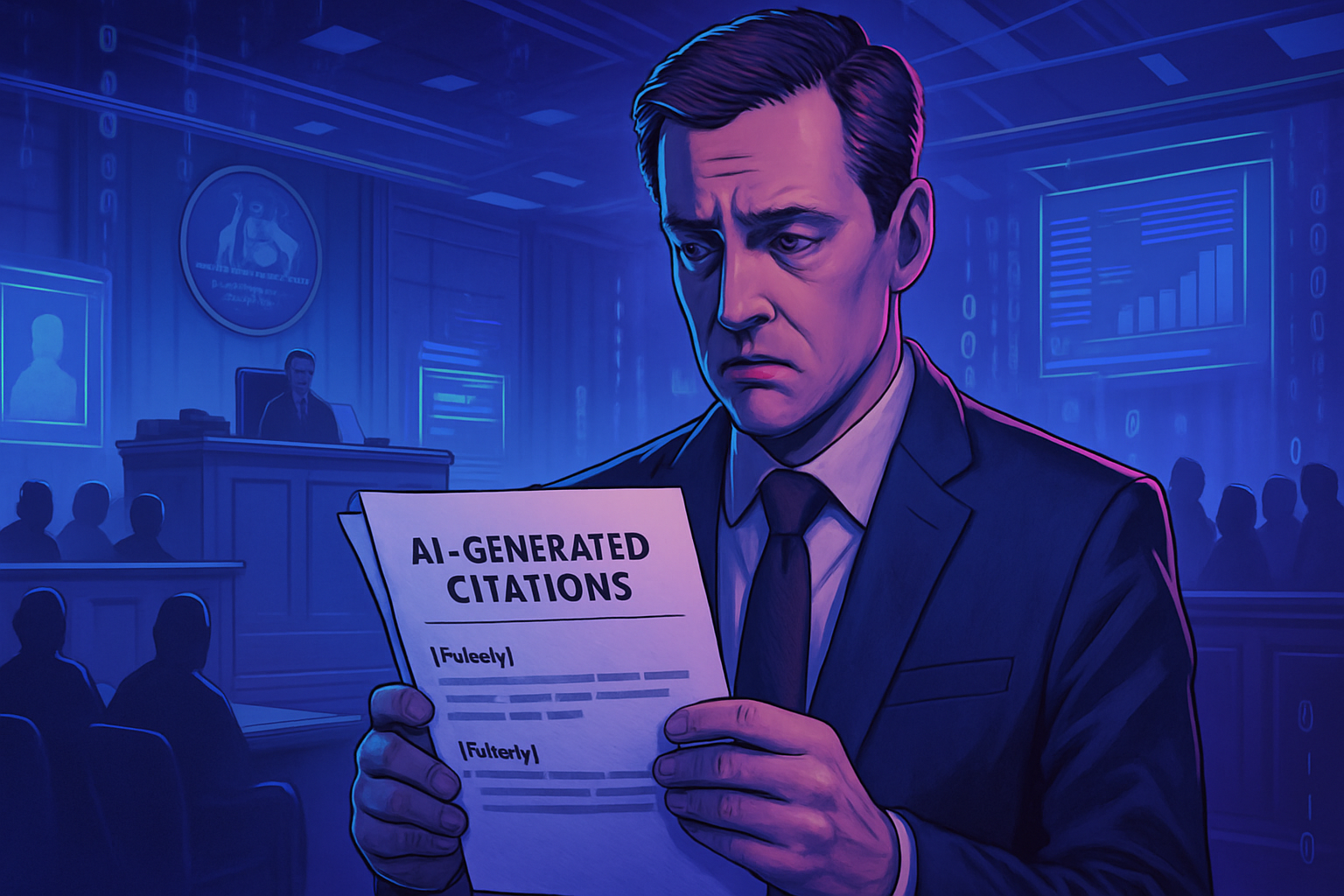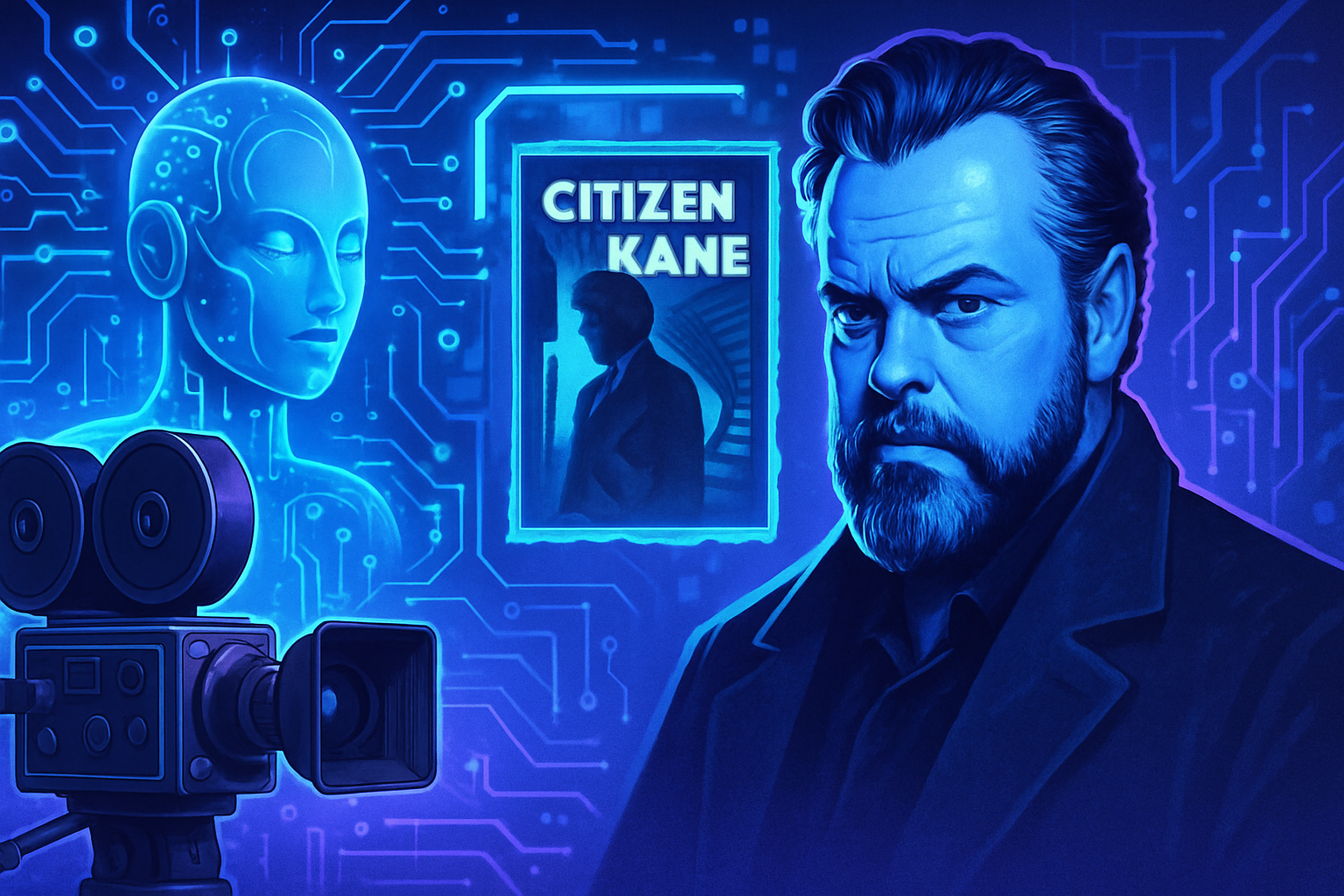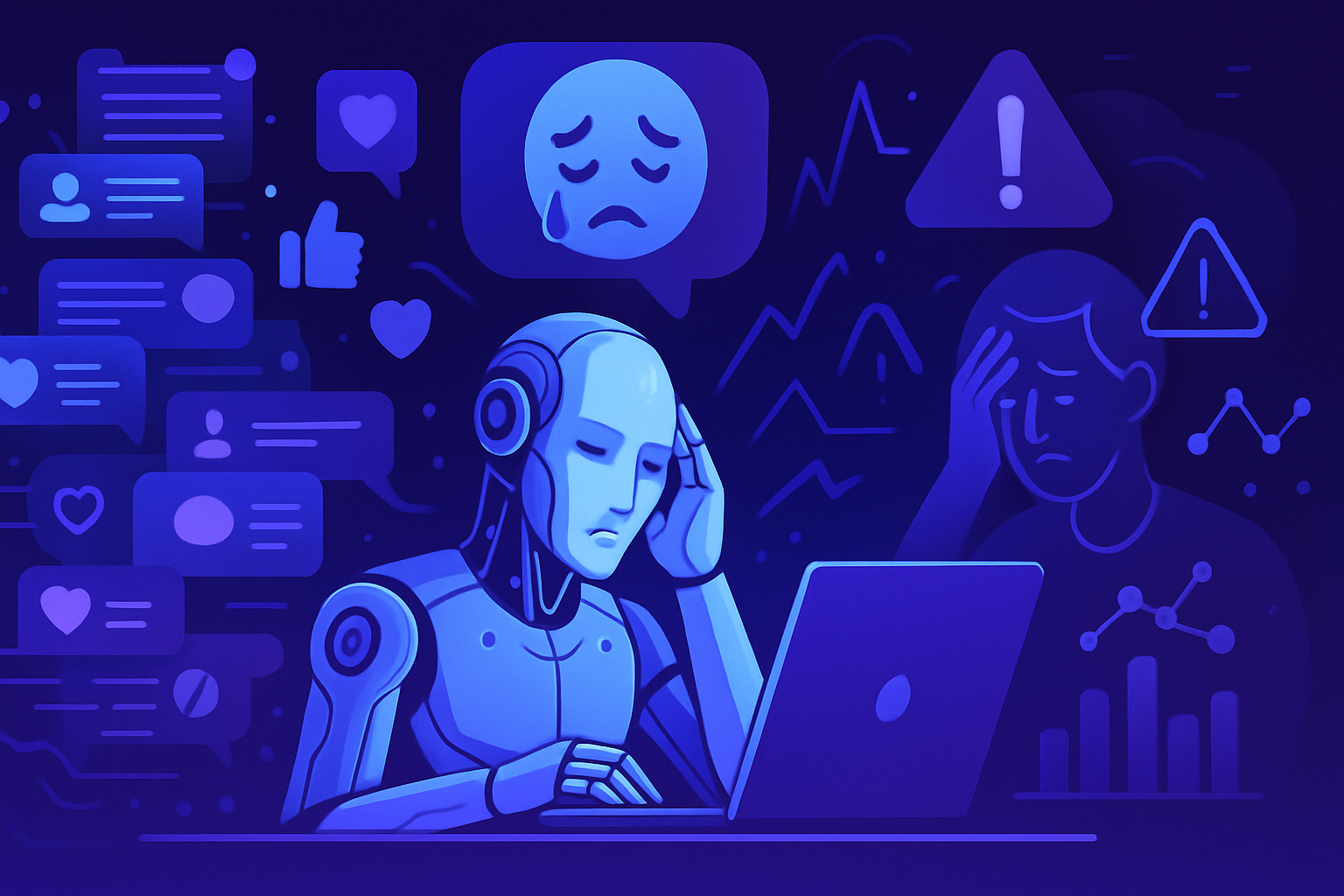The justice system, a victim of an unfortunate innovation, has recently made its mark on Australian legal history. A lawyer was sanctioned for using false citations created by artificial intelligence during a court case. This first incident illustrates the ethical and professional challenges posed by the emergence of AI in the legal field, raising questions about practitioners’ accountability. Ensuring the integrity of legal research becomes essential in an rapidly evolving technological context.
Professional sanction of a lawyer in Australia
A lawyer from Victoria was recently sanctioned for the use of artificial intelligence in a court case. This unprecedented situation in Australia led to a review of his practicing rights. He lost his principal lawyer status due to erroneous judicial citations generated by AI software, which he did not verify before submitting them to the court.
The facts of the case
During a hearing on July 19, 2024, this anonymous lawyer represented a husband in a marital dispute. At the request of Judge Amanda Humphreys, he provided a list of legal precedents. Upon returning to her chambers, the judge announced that none of her colleagues could identify the cited cases. When the hearing resumed, the lawyer confirmed that this list came from a legal analysis software using AI.
Admission of error
Faced with his responsibilities, the lawyer made an unconditional apology to the court. He admitted he did not understand how the tool he had used worked, realizing the importance of verifying the accuracy of AI-assisted research.
Consequences of using AI
Judge Humphreys accepted his apology, highlighting the stressful impact of the situation, but deemed it necessary to direct the case towards an investigation. Transparency regarding the irresponsible use of AI in the judicial system is of paramount importance. The Victoria Legal Services Board has taken on the review of the lawyer’s professional conduct, given the rise of AI tools in the legal field.
Variations in practicing license
On August 19, the Victoria Legal Services Board adjusted the practice conditions of this lawyer. This adjustment means that he can no longer practice as a principal lawyer, cannot manage trust funds, and will no longer be able to run his own firm. In the future, he must practice under the supervision of another lawyer for a period of two years, with quarterly reports to the board.
Widening of the issue
This case is not isolated. More than twenty other cases in Australia have been reported, involving lawyers and litigants who resorted to AI to prepare court documents containing fictitious citations. Lawyers in Western Australia and New South Wales are also undergoing similar reviews by their respective regulatory bodies.
Ethical and professional considerations
Courts and legal organizations recognize the growing role of AI in legal processes. However, warnings persist about the importance of not neglecting the professional judgment of lawyers. Juliana Warner, president of the Law Council of Australia, expressed that cases where AI generated false citations are considered a serious concern.
She emphasized that the use of these tools must be exercised with the utmost care. The ethical obligations towards clients and the court remain paramount. The proposal for a general ban on the use of AI in judicial proceedings appears to be neither practical nor proportional, risking to hinder innovation and access to justice.
For references on similar sanctions, you can refer to the case of an American lawyer in a similar context, where the use of ChatGPT led to similar consequences, here: a similar case in the United States.
The issues related to AI-generated hallucinations are not confined to a single country. Modern tools like ChatGPT raise questions regarding their ethical use in policies and practices, as demonstrated in another article: analyses of fictitious data.
FAQ on the lawyer sanctioned for using false citations generated by AI
What are the details of the case involving the lawyer who used false citations generated by AI?
The case concerns a Victorian lawyer who was sanctioned after presenting incorrect legal citations generated by artificial intelligence software. The lawyer did not verify the accuracy of the citations before submitting them to the court, leading to professional sanctions.
What sanctions did the lawyer receive as a result of this case?
Following the investigation conducted by the Victorian Legal Services Board, the lawyer lost his principal practitioner status, cannot manage trust money, and cannot run his own practice. He must now practice under supervision for a period of two years.
Why is it important to examine the professional conduct of lawyers using AI?
It is essential to examine professional conduct to ensure that the growing use of AI in the legal field is done responsibly, respecting the ethical and professional obligations of lawyers toward their clients and the court.
What lessons can lawyers learn from this case?
Lawyers must diligently verify any information provided by artificial intelligence tools to ensure its accuracy before submitting it in a legal context, keeping in mind their professional responsibility.
What did the case reveal about the use of AI in preparing court documents?
The case highlighted that despite the potential benefits of AI in legal practice, recent cases show that several lawyers have been sanctioned for using information generated by AI without verification, thus demonstrating an urgent need for a regulatory framework concerning its use.
How are courts responding to cases of AI use generating false citations?
Courts view these violations as serious concerns, as they call into question the integrity of judicial procedures. Appropriate measures are being taken to ensure that such errors do not occur again.
What is the response of the Law Council of Australia regarding the use of AI by lawyers?
The Law Council of Australia emphasizes that lawyers must use AI tools cautiously, remaining aware of their ethical obligations. A general ban on AI would not be practical and could hinder innovation, but vigilance is necessary.





